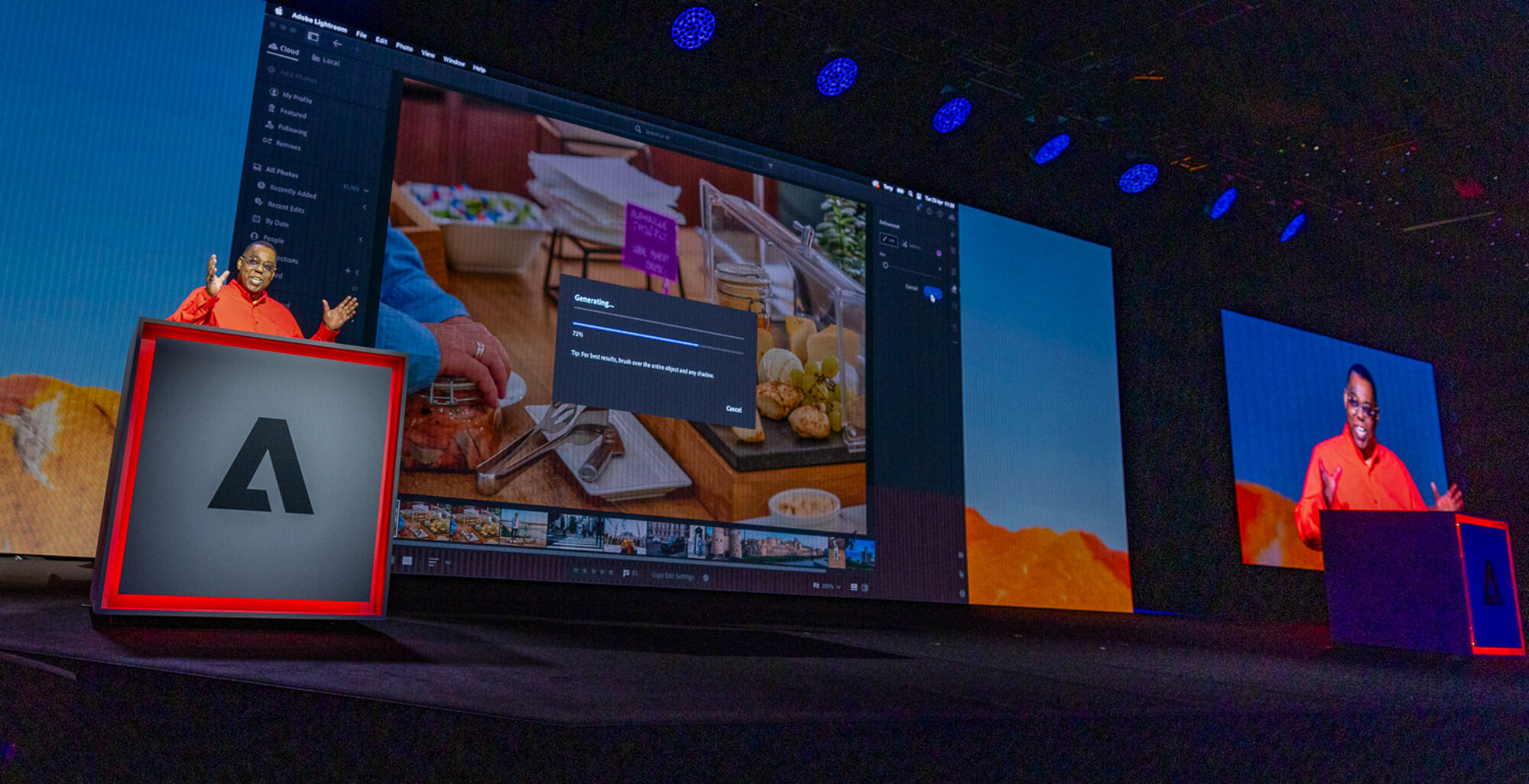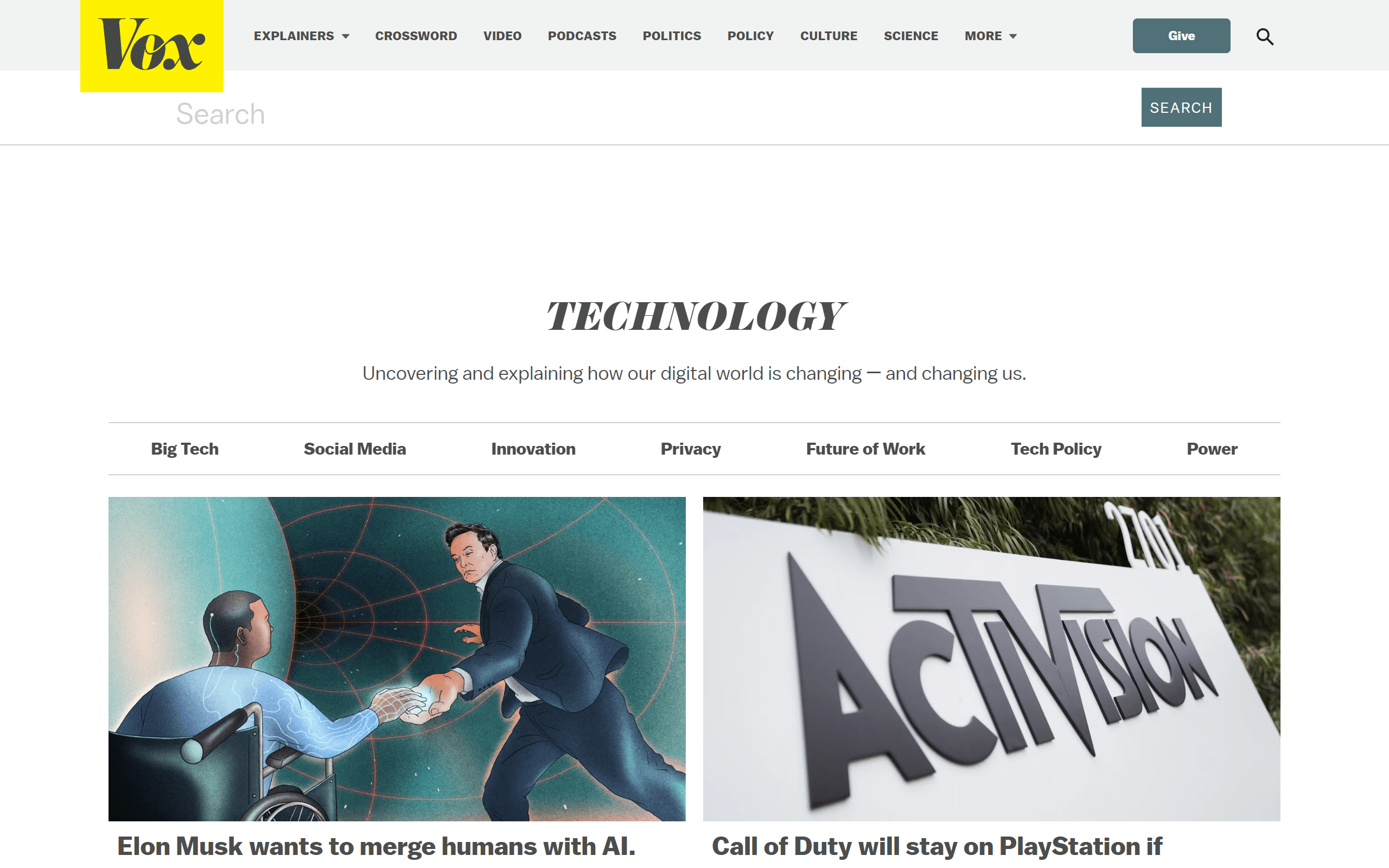Discover Hidden Gems in the Industry with the Best tech blog Referrals
Discover Hidden Gems in the Industry with the Best tech blog Referrals
Blog Article
Exactly How Blockchain Technology Is Revolutionizing Data Security
Blockchain modern technology is fundamentally changing the landscape of information protection by presenting a decentralized structure that assures enhanced openness and durability. Unlike conventional systems, which count on centralized data repositories, blockchain disperses information across a network, minimizing vulnerabilities and solitary factors of failing. Making use of sophisticated cryptographic techniques makes certain that data continues to be tamper-proof, promoting trust amongst customers and stakeholders. As sectors swiftly adapt to this modern technology, questions arise concerning its more comprehensive impact and prospective difficulties. What effects does this change hold for future information security methods and regulative frameworks? The solutions may surprise you (Best tech blog).
The Basics of Blockchain
Blockchain modern technology, a revolutionary principle in electronic information monitoring, essentially transforms just how info is saved and safeguarded. At its core, a blockchain is a distributed ledger that tapes purchases across a network of computer systems, ensuring openness and immutability. The modern technology runs on a chain of blocks, each consisting of a listing of transactions. Once a block is loaded, it is time-stamped and connected to the previous block, developing a sequential chain.
Key to comprehending blockchain is the hashing process, which encrypts deal information right into a special alphanumeric code. This cryptographic feature guarantees that any type of change in the transaction information causes an entirely different hash, thereby securing versus meddling. The consensus mechanism, another important component, verifies and verifies new purchases via a network of nodes, thereby getting rid of the need for a centralized authority.
Furthermore, blockchain's append-only framework ensures that information, as soon as included, can not be deleted or changed. This particular warranties a permanent and verifiable record of transactions, promoting trust fund among individuals. Consequently, blockchain offers a durable framework for information honesty, using markets a reliable method for tracking and handling electronic info in a secure, transparent manner.
Decentralization and Safety
Decentralization, a core principle of blockchain innovation, dramatically improves data safety by dispersing control throughout a network instead than relying on a particular, central entity. This circulation alleviates the danger of single factors of failure, which prevail in traditional central systems. By distributing information across many nodes, blockchain makes sure that also if one node is jeopardized, the entire network continues to be safe and secure. This redundancy not just strengthens the stability of the information however also enhances its durability to cyberattacks and system failings.

Each individual in the network has accessibility to the whole blockchain, permitting them to confirm and investigate deals individually. Generally, decentralization is important in improving information protection in blockchain networks.

Cryptographic Techniques
At the heart of blockchain technology, cryptographic techniques play a critical duty in protecting data, ensuring both discretion and stability. These methods are foundational to the blockchain's capability to securely tape-record transactions in a decentralized way. Cryptography in blockchain uses a mix of asymmetric and symmetrical formulas to encrypt data, making it available only to authorized events - Best tech blog. Public and private crucial sets are central to this process, permitting protected verification and identity confirmation without disclosing delicate details.
Hash features are one more essential element, changing input information into a fixed-size string of characters, properly creating a distinct electronic finger print for each block. This guarantees that any effort to change the data will certainly result in a totally various hash, hence keeping the immutability of the blockchain. In addition, digital signatures verify the authenticity and integrity of deals, supplying a layer of non-repudiation.
The decentralized nature of blockchain, combined with robust cryptographic methods, eliminates the demand for intermediaries, decreasing prospective susceptabilities. As blockchain technology develops, innovations in cryptography such as zero-knowledge proofs and homomorphic file encryption remain to boost safety and security steps, better strengthening information security in this advanced digital journal system.
Usage Cases Across Industries

In the healthcare market, blockchain ensures the safe storage and sharing of patient documents, promoting interoperability while safeguarding delicate data from unapproved gain access to. This technology encourages patients with control over their medical history and helps with smooth coordination among healthcare carriers.
Supply chain administration benefits significantly from blockchain's unalterable journal, which makes sure traceability and authenticity of items from beginning to customer. By improving openness, blockchain assists reduce issues such as counterfeiting and dishonest sourcing.
Additionally, blockchain's decentralized nature is improving the energy field by making it possible for peer-to-peer energy trading, where customers can acquire and sell excess click here to read renewable resource directly. This promotes a much more efficient and sustainable energy community.
In the world of intellectual home, blockchain gives a tamper-proof system for developers to sign up and safeguard their jobs, guaranteeing rightful acknowledgment and fair compensation. These varied use situations underscore blockchain's role as a pivotal pressure in redefining data safety across sectors.
Future of Data Security
As we look to the future of data security, blockchain innovation is positioned to play a critical role in guarding electronic info. With its decentralized and immutable qualities, blockchain supplies a robust structure for securing sensitive data versus unapproved accessibility and cyber threats. This innovation makes certain that as soon as information is videotaped, it is almost impossible to change without discovery, hence providing a significant advantage over conventional information storage space techniques.
The combination of blockchain with other sophisticated technologies, such as man-made intelligence and the Internet of Points (IoT), is anticipated to enhance data protection strategies even more. By leveraging wise contracts, companies can implement and automate safety protocols, decreasing human mistake and boosting efficiency. Furthermore, blockchain's ability to supply transparent and traceable purchases will certainly boost count on and accountability in data management methods.
As regulative landscapes advance, blockchain's compliance-friendly nature will certainly come to be increasingly relevant. It can aid organizations meet rigorous data security laws, such as the General Information Defense Regulation (GDPR) and the California Consumer Personal Privacy Act (CCPA), by offering proven documents of data handling tasks. Eventually, blockchain's special attributes setting it as a transformative device in the ongoing quest to safeguard the digital globe versus ever-evolving cyber hazards.
Final Thought
Blockchain innovation stands for a paradigm shift in information protection by leveraging decentralization and cryptographic techniques to boost openness, depend on, and information integrity. Its capacity to eliminate solitary factors of failing and utilize agreement mechanisms significantly minimizes the danger of fraudulence and cyberattacks. This cutting-edge framework not only empowers users with better control over their data yet additionally lines up with regulatory conformity. As cyber risks advance, blockchain becomes an important tool for robust data defense learn the facts here now across various industries.
Blockchain technology is basically changing the landscape of information protection by presenting a decentralized framework that promises improved openness and strength. Unlike traditional systems, which rely on centralized information repositories, blockchain distributes data throughout a network, decreasing vulnerabilities and single points of failing.Decentralization, a core concept of blockchain modern technology, dramatically boosts information safety and security by distributing control throughout a network rather than counting on a single, centralized entity.At the heart of blockchain technology, cryptographic strategies play a critical role in protecting information, making sure both privacy and stability.Blockchain innovation represents a standard change in information safety and security by leveraging decentralization and cryptographic techniques to boost transparency, trust, and information honesty.
Report this page